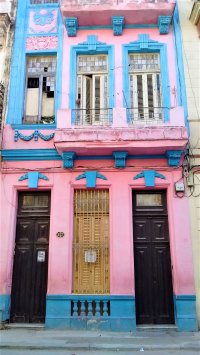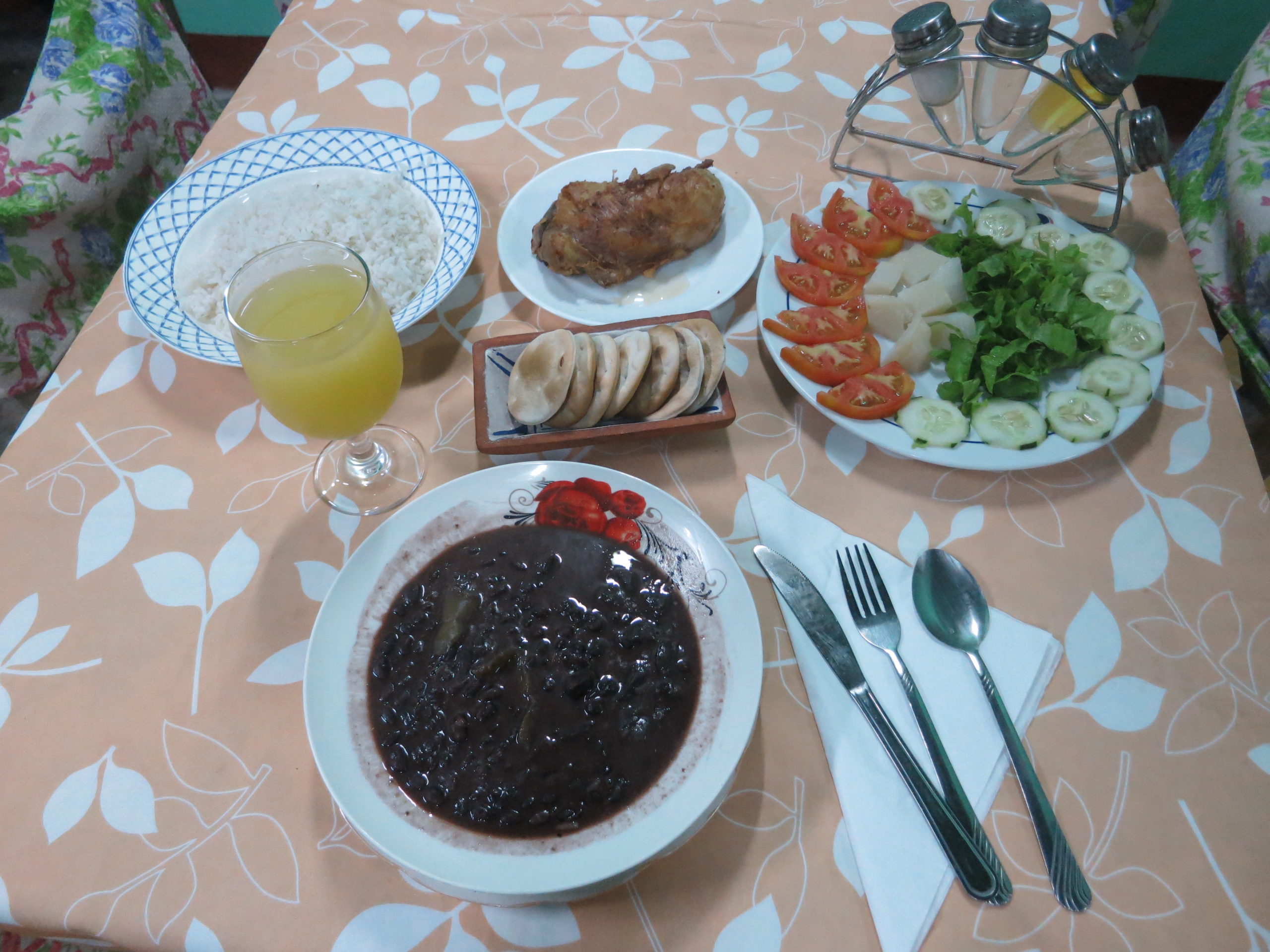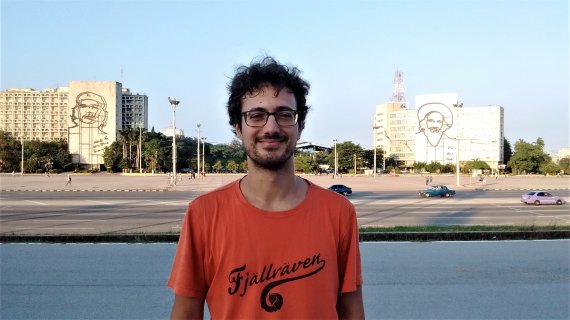Text Lotje Hogerzeil
‘My entire degree programme has been focused on sustainable tourism with the smallest possible environmental impact. For my thesis, I wanted to give it my own twist – I am Italian, and a love of food runs through my veins. I wanted to find out how a country’s identity is reflected in its food culture. Due to its unique political situation, Cuba struck me as a great place to research this connection.

Next-level gastronomy
If you look around in Havana, you see the legacy of a formerly completely communist country that is now experimenting with a soft form of privatization. I particularly looked at the rise of the paladares, small private restaurants, and casas particulares, homestays that you could see as Cuban Airbnbs. Since 1993, the government has been issuing permits that allow people to own a small restaurant. At the same time, the entire country has opened its borders for more foreign food imports. I was curious to see how the availability of new products is influencing what the locals eat and what they offer tourists.
Before these changes, tourists used to say that Cuban food was boring and plain. Food availability was always a big problem under the communist system. Since the tourism boost, which peaked in the period since Obama visited Cuba in 2016, gastronomy has also been taken to the next level. Restaurants offer a lot more now than the traditional rice and beans. Everywhere in Havana you can even eat Japanese, Italian, Indian, and many more types of food.

Interview over cocktails
I gathered all my data through interviews with restaurant owners, hosts at the casa particulares, Cuban families and a food distribution expert. I met them through the contact I had in Havana. Cuban people are very warm and easy to talk to. The best thing was that for many of the interviews, I was invited to have dinner or drinks. Almost all of my interviews were accompanied by a cocktail – or two. My favorite was the daiquiri with fresh mango.
Cuban people are proud of the communist legacy of their country. “No es fácil”, is what they all say; they have to work hard, but food is always guaranteed. On the other hand, people working in the tourism sector also see the benefits of a little bit of capitalism. Besides the opportunity to make a living serving food to tourists, they are happy to eat more varied food themselves. Many Cubans find their traditional plate complete these days: not just rice and beans, but also a piece of fish or meat every now and then. Before the shift this was hardly ever the case.’

